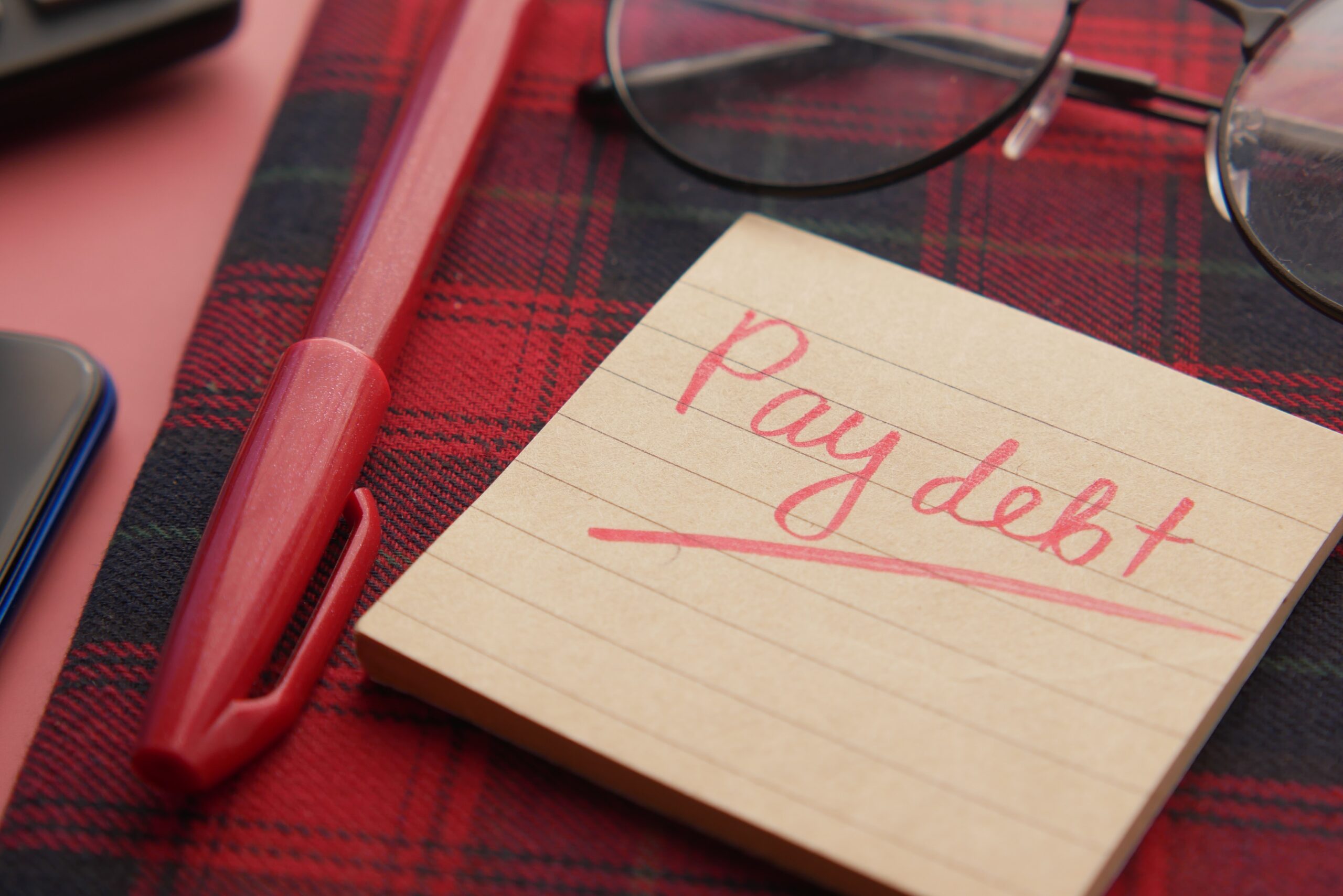
Debt Management Plans (DMPs) are informal agreements allowing you to pay off unsecured debts by making one, affordable, monthly payment. They do not reduce the size of your debt, which still needs to be paid off in full.
Is A DMP The Same As Debt Consolidation?

DMPs are not the same as debt consolidation, the taking out of a loan to pay off your debts and then paying back the loan. While debt consolidation loans generally result in lower monthly payments, you are still charged interest.
With DMPs, a debt management agency works on your behalf to get your creditors to freeze or remove interest payments. You can take out a debt consolidation loan by simply speaking to your bank. You need to work with a debt management company to set up a DMP.
Before you set up a DMP, use a Debt Calculator, available through charities such as Citizens Advice to see if it is right for you.
What’s Included In A DMP?
DMPs can be used against all unsecured debts, including personal loans, credit cards, store cards and overdrafts and other priority debts, e.g. mortgages or utility bills, where they are in arrears.
If you include arrears in a DMP, once these are paid off your monthly payment remains the same and the money is reallocated to pay off other debts.
Is A DMP Right For You?
If you’ve low levels of unsecured debts and money left in your bank account at the end of the month (after you’ve paid all your essential bills), a DMP may be right for you. As with most things in life, however, there are pros and cons to DMPs, which you need to consider before making your final decision.
The Pros:
- Your payments are affordable, based on your income and expenditure
- You can include household bills where you’re in arrears
- There’s one monthly payment, making it easier to manage your money
The Cons:
- Creditors aren’t required to accept the terms of a DMP, meaning you could still be subject to additional fees, increasing the total money you owe them
- Creditors can still contact you and take further action to collect money owed, e.g. pursuing a county court judgement (CCJ)
If you include household bills, the DMP only covers arrears; you’ll still need to make your regular monthly payments.
How Does A DMP Work?
To set up a DMP, you’ll need to work with a debt management company, who’ll review your income and expenditure, including unsecured debts. They’ll work with you to set up an affordable budget and speak to your creditors to arrange for you to make lower payments until your debts are cleared.
Once this is agreed, you’ll make a single monthly payment to your debt management company, and they’ll make payments to your creditors on your behalf. The debt management company will then review your levels of debt regularly to ensure you can still afford to make payments.
If you want to set up a DMP, find an agency that doesn’t charge a fee, a debt charity for example. If you have an agency that charges fees, make a switch to a fee-free provider, letting you put more money towards your debts, paying them off faster.
Will A DMP Affect Your Credit Rating?
While a DMP isn’t registered on your credit file the way bankruptcies are, it will impact your credit rating because you’re likely to be making lower payments to your creditors than initially agreed. Creditors will record these are partial payments and may add a note to say the account is subject to a DMP.
If a creditor decides to close or cancel your account (known as a default), even if they are accepting payments under the DMP, this will be recorded on your credit record, as will any CCJ. Defaults and CCJs stay on your credit record for six years, at which point they’re removed.
How A DMP Will Affect Other Finances
- Renting: You may find it more difficult to rent a home. Larger landlords tend to run credit checks, and smaller landlords often review public records, which will show up court actions such as CCJs. Social landlords do not run credit checks and are used to working with tenants with lower incomes/poor credit so may be a better option.
- Mortgages: Lenders will run credit checks against any application, including to re-mortgage your home. As any savings will be used under your DMP to pay off debts, it’s unlikely you would have the deposit needed for a mortgage or that you would be approved for one requiring little/no deposit. If you’re on a fixed-rate mortgage and this expires you may find it difficult to get a new fixed-rate and be moved to the standard variable rate.
- Utilities: Utility companies tend to run credit checks, asking those with poor credit to open pre-payment or pay-as-you-go accounts.
- Insurance: As car and home insurance can be cancelled for non-payment, you are more likely to be approved for monthly payments, though the interest rates might be higher.
- Mobile phones: Due to the length of the contract and the fact most include receiving a phone, you may need to rely on pay-as-you-go phones instead.
While you may still be approved for credit while on a DMP you should be careful of taking out any more debt. You should also check with your debt management agency as applying for credit may put you in breach of your DMP agreement.



